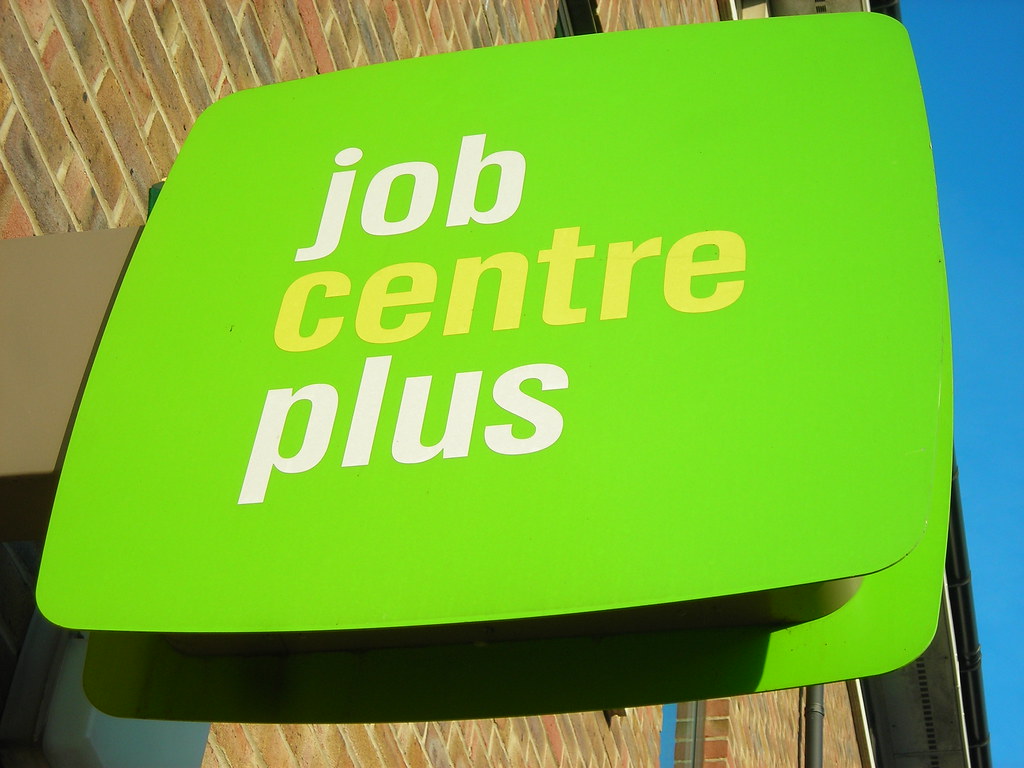The Office of National Statistics (ONS) has discovered that Gross Domestic Product (GDP) rose by 0.2% between June and July, but growth was held back amid the heatwave and pressure from inflating prices.
July’s growth was lower than the estimated 0.3% by economists which leaves the economy at risk of dropping into a recession as the cost-of-living crisis hits households and businesses.
The ONS said GDP was flat in the three months leading up to July and figures show the services sector was the biggest driver of the July increase, growing by 0.4% over the month. This follows a 0.5% drop in the sector between May and June.
However, due to record breaking temperatures in July, the construction sector saw a 0.8% decrease with conditions being too hot for workers.
There was also lower usage of electricity, gas, steam and air conditioning which hit the maintenance industry.
Yael Selfin, Chief Economist at KPMG UK said July’s growth was ‘feeble’.
‘July’s GDP remains below the level seen in May, pointing to an overall contraction over the first two months of summer,’ she said.
‘While nearly £170bn worth of fiscal measures announced last week may be sufficient to avoid a deeper economic slump, these will be partly offset by tighter Bank of England monetary policy focused on combating the high levels of inflation.’
It’s expected the governments intervention on the cost of energy last week – Liz Truss announced she would cap energy bills to £2,500 – will improve the economic growth outlook in the short term.
If the price cap is successful, it could mean we are near to peak inflation and that we have already reached the low point for household spending.
Experts believe the extra public bank holiday that has been put in place for the Queen’s funeral on September 19 could affect growth again this month, with Pantheon Macroeconomics pencilling in a 0.2% hit to GDP.
Samuel Tombs, Chief UK Economist at Pantheon has said while the government’s plan to cap energy prices will help households and businesses, interest rates will still apply pressure to consumers.
He said: ‘The main threat to the economic outlook now comes from an excessive tightening of monetary policy, but we think the Monetary Policy Committee will see sense soon.’
Photo by Delaney Van


















Leave a Reply